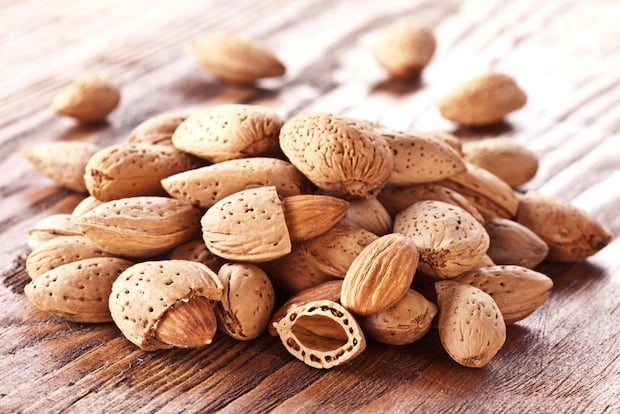If you find yourself forgetting your keys a lot or failing to remember that important appointment, don’t just blame it on absentmindedness. It might be because of what you are—or aren’t—eating.
Dr. Neal Barnard, an adjunct professor of medicine at George Washington University School of Medicine, watched as his father, who was in his seventies, succumbed to mental illness and memory problems. Eventually, he was no longer able to take care of himself. It was one of the reasons Barnard was inspired to write his new book, Power Foods For the Brain, which hits shelves in mid-February.
We talked with Barnard about ways to keep your brain healthy and your memory sharp, both today and down the road.
Avoid Coffee and Eat Oatmeal
There’s a reason you need that 3 o’clock cup of joe. Caffeine is a stimulant, but it won’t keep you awake all day, and after it wears off it can leave you feeling crummy. “People who drink a lot of coffee wake up the next day feeling worse than if they hadn’t had any at all,” Says Barnard.
Instead, start your day with some old-fashioned oatmeal. Your brain is like an engine, and its fuel is glucose, says Barnard. “Many foods provide glucose, but the ones you want are the ones that release it slowly throughout the day like oatmeal.” Breads like rye and pumpernickel are also great at keeping your brain topped off.
Get the Three Bs: B6, B9, and B12
Homocysteine, a type of amino acid, can build up in your blood and brain, causing health problems including mental illness. But vitamins B6, found in bananas, B9, rich in leafy greens, and B12, for which Barnard recommends supplements as a source, work together to rid the body of homocysteine and lower the risk of Alzheimer’s, says Barnard.
Go Nuts
A National Institute on Aging study found that foods rich in vitamin E, an antioxidant, helped protect people from Alzheimer’s disease. But there was a catch: It only worked when the participants ate vitamin-E-rich foods, not when they took vitamin E supplements. Barnard recommends you get your daily does from nuts. Just don’t go overboard, because “they contain a lot of fat. The amount you need is very small,” he says. “Just an ounce is all you need throughout the day.”
Lift Physical and Mental Weights
For brain health, hitting the gym is just as important as hitting the books. “If I took a group of couch potatoes and got them to exercise and got their hearts pumping a little bit, their brains start to change,” says Barnard. “It just makes sense. Twenty percent of your blood flow goes straight to the brain.” For example, the hippocampus, which Barnard describes as the part of the brain that decides what gets remembered and what gets discarded, is pumped up when you exercise and shrinks over time if you don’t.
Mentally stimulating games, such as Lumosity, have also been shown to increase cognitive flexibility.
Remember to Sleep, Sleep to Remember
Brains need sleep to integrate memories. Think of it like this, says Barnard: Your brain takes the jumble of stuff you learned throughout the day and uses sleep to organize it and file it away so you can find it later. If you get a good night’s sleep, your emotions will be more stable and your memory will improve.



















